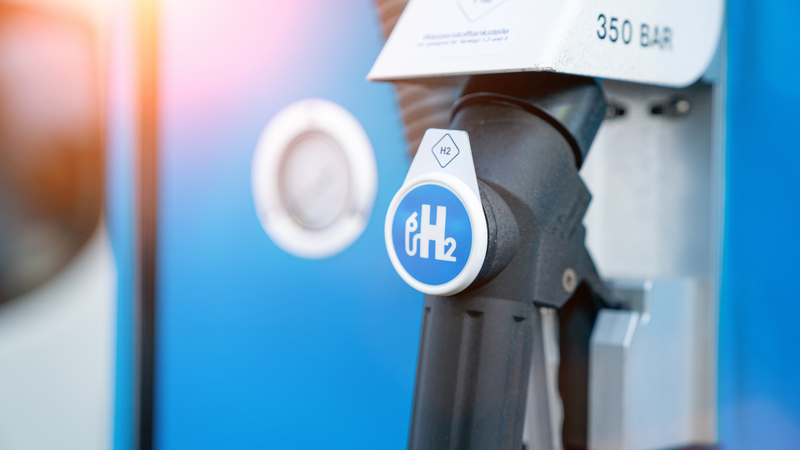Autoliv has announced it has developed a completely new concept for inflating airbags that is more environmentally friendly and more cost efficient than traditional inflator technologies. In addition, it reduces the inflator’s weight by 20 per cent compared to most inflators for the intended application.
The new inflator went into production earlier this year, in a passenger-side airbag for a European manufacturer of premium-brand vehicles. It uses hydrogen and oxygen with inert gas to inflate the airbag, instead of pyrotechnic substances. As a result, there are no waste particles at all from the combustion and no effluent gases, not even carbon dioxide. The only side product is regular vapour which, when cooled off, becomes just a few drops of pure water, making the inflator extremely environmentally friendly.
In addition, the mixing of the hydrogen and the oxygen takes place in the textile cushion of the airbag, instead of in a steel vessel as in traditional airbag inflators, which allows for a thinner and lighter steel container and reduces weight and costs.
Autoliv says the weight reduction depends on the original inflator but is approximately 20% compared to most traditional inflators for airbags on the front passenger side. If only a quarter of company’s own needs for such passenger airbag inflators were converted to the new hydrogen/oxygen technology, Autoliv says it would save 1,000 tons of steel every year. Additionally, the vehicles with the new inflator would reduce their fuel consumption by more than eight million litres over the expected life time of the vehicles.
The new APG hydrogen/oxygen inflator will primarily be used in frontal airbags for the front-passenger side where higher gas quantities are required than for other airbags in a vehicle. The next step for this technology is to develop a dual-stage version of the inflator to be able to adjust the gas flow to the severity of the crash and to other parameters. Autoliv says this will be done using two independent ignitors and varying the time lapse a few milliseconds between the ignitions.









